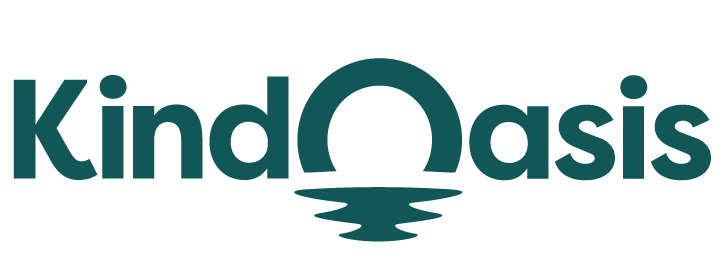What Are The Differences Between Shopify And Etsy?
Try AI ChatbotShopify vs Etsy: Find out which platform suits your business needs best. Learn the key differences now!

Choosing the right platform for selling online can make a significant impact on your business's success. Shopify and Etsy are two popular options, each with its own set of features, advantages, and limitations. This article will provide a detailed comparison of Shopify and Etsy, helping you understand which platform aligns better with your business needs.
Understanding Shopify and Etsy
What is Shopify?
Shopify is a comprehensive e-commerce platform designed to help businesses create and manage their online stores. It offers extensive customization options, allowing you to build a branded storefront, manage products, and integrate various marketing tools.
For an in-depth look at Shopify’s features, you can visit Shopify's official comparison page.
What is Etsy?
Etsy, on the other hand, is a marketplace focused on handmade, vintage, and unique items. It provides a ready-made audience for sellers but offers less control over the storefront compared to Shopify.
For a detailed overview of Etsy’s marketplace, check out Forbes' comparison of Shopify and Etsy.
Key Differences Between Shopify and Etsy
Platform Control and Customization
- Shopify: Provides full control over your store’s design and functionality. You can customize your store with various themes, apps, and plugins to suit your brand’s needs.
- Etsy: Offers limited customization options since it's a marketplace where you create a shop within Etsy’s platform. Your control is restricted to product listings and some aspects of your shop's appearance.
Fees and Costs
- Shopify: Charges a monthly fee starting at $39 per month, plus transaction fees unless you use Shopify Payments. Costs can increase with additional apps and features.
- Etsy: Charges a listing fee of $0.20 per item and takes a 6.5% commission on sales. It may be more cost-effective for small-scale sellers but can add up for high-volume sales.
Target Audience
- Shopify: Best suited for businesses looking to build a standalone online store and drive traffic through various channels.
- Etsy: Ideal for artisans and crafters who want to tap into a marketplace of buyers specifically interested in handmade and unique items.
Marketing and SEO
- Shopify: Provides robust tools for SEO, marketing, and analytics. You can implement strategies to drive traffic to your site and track performance effectively.
- Etsy: Relies on Etsy’s internal search and marketing tools. Your visibility is influenced by Etsy’s algorithms and competition within the marketplace.
Pros and Cons for Online Sellers
Shopify Pros
- Full Customization: Tailor your store’s design and functionality to your exact needs.
- Comprehensive Tools: Access to a wide range of marketing, SEO, and sales tools.
- Scalability: Easily scale your store as your business grows.
Shopify Cons
- Higher Costs: Monthly fees and additional costs for apps and transaction fees.
- Learning Curve: More complex setup and management compared to marketplace platforms.
Etsy Pros
- Built-in Audience: Access to Etsy’s established customer base.
- Lower Initial Costs: No monthly fees, only listing and transaction fees.
Etsy Cons
- Limited Control: Less control over store design and functionality.
- Higher Competition: Compete with numerous other sellers within the same marketplace.
How VanChat Enhances Shopify Experiences
Boost Your Shopify Store with VanChat
VanChat is an AI-powered pre-sales chatbot for Shopify that can enhance your store’s performance significantly. It answers 97% of customer questions without human intervention, managing queries about product comparisons, order tracking, and returns. VanChat’s personalization features include tailored product recommendations and follow-up questions that help understand user needs better.
By automating responses and providing personalized interactions, VanChat helps speed up purchase decisions and enhances user satisfaction. For more information on how VanChat can improve your Shopify store, visit VanChat’s official site.
Conclusion
Choosing between Shopify and Etsy depends on your business goals and the level of control you want over your online store. Shopify offers extensive customization and scalability, making it ideal for building a unique brand presence. Etsy, with its built-in audience and lower initial costs, is perfect for artisans and small sellers. Consider your needs carefully to determine the best platform for your e-commerce success.
Relevant Links
- Shopify vs Etsy Comparison
- Forbes’ Guide to Shopify vs Etsy
- Website Builder Expert’s Comparison
- VanChat Official Website
By understanding the strengths and limitations of both Shopify and Etsy, and utilizing tools like VanChat, you can make informed decisions that drive your e-commerce success.






